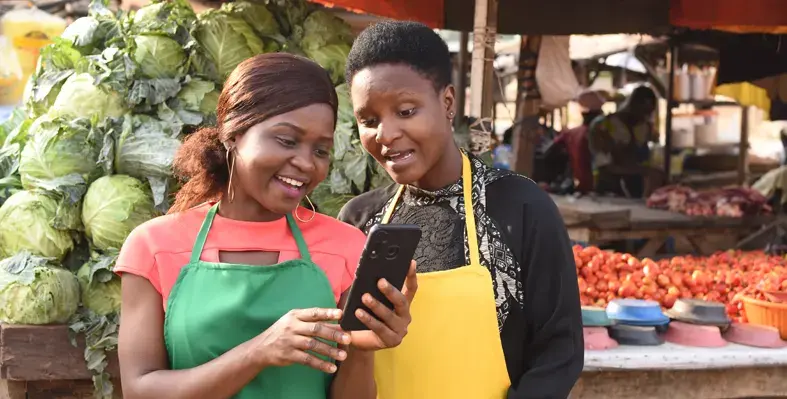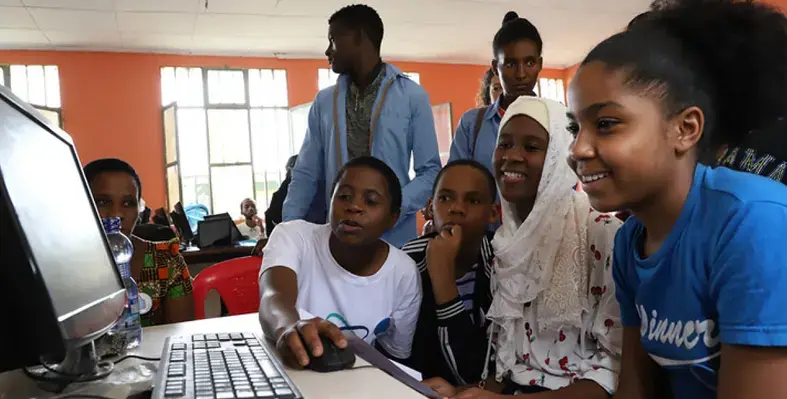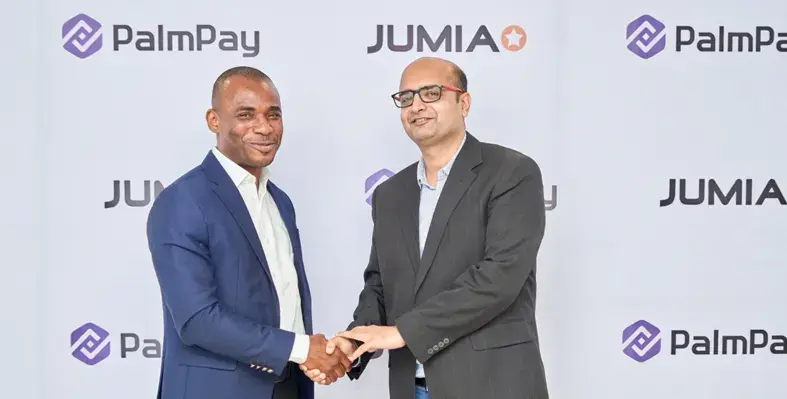
Rui Faria represents Angola Cables on a global advisory body to strengthen submarine cable infrastructure and boost West Africa's connectivity. (Image source: Angola Cables)
Angola Cables, a globally recognised provider of ICT, digital solutions, and network services, proudly announces the appointment of executive board member and chief commercial officer Rui Faria to the newly established International Advisory Body for Submarine Cable Resilience
This appointment places Angola Cables at the forefront of addressing a critical issue, following significant internet outages across several African nations earlier this year due to damage to undersea cables along the West African coastline. These incidents have highlighted the urgent need for robust infrastructure to support the region’s increasing reliance on digital networks for economic growth, trade, and innovation.
The International Advisory Body for Submarine Cable Resilience, formed by the International Telecommunication Union (ITU), the United Nations Agency for Digital Technologies, and the International Cable Protection Committee (ICPC), is dedicated to improving the safety and reliability of submarine cables. These cables are essential to global and regional connectivity, enabling over 99% of international data exchange, including communication, financial transactions, cloud services, and digital economies. The 42-member advisory group comprises government officials, regulatory authorities, industry leaders, and experts in telecommunication cables.
Faria, with over three decades of experience in Africa’s subsea cable sector, was invited by the Angolan Ministry of Telecommunications, Information Technologies, and Social Communication (MINTTICS) to contribute to this critical initiative. The government aims to diversify Angola’s economy and enhance its telecom infrastructure.
“West Africa’s recent experience with submarine cable failures has highlighted the fragility of our connectivity networks and the critical need for proactive solutions. As part of the International Advisory Body, we will work towards identifying vulnerabilities and implementing measures to ensure these vital cables remain operational and resilient. Strengthened collaboration and innovation will help mitigate disruptions and secure West Africa’s digital future,” said Faria.
Fernando Fernandes, CEO of TelCables Nigeria, a subsidiary of Angola Cables, emphasised the significance of this development for the region: “We are honoured that Rui has been selected to represent West Africa on the Advisory Body for Submarine Cable Resilience. Submarine cables are the foundation of modern economies, and their stability is paramount for enabling global and regional growth. We believe this initiative will go a long way towards building resilience, ensuring uninterrupted worldwide connectivity, and unlocking new economic opportunities for West Africa.”
Angola Cables’ involvement in the Advisory Body underscores its commitment to protecting essential telecom infrastructure and promoting regional and national development. The company also supports scientific research into naturally occurring cable failures, including groundbreaking studies by the Department of Geography and Earth Science at Durham University, focusing on the Congo River Canyon Crossing in West Africa.
“Consultation, cooperation, and collaboration between countries and all technical and scientific stakeholders will ensure that we can implement better measures to safeguard submarine cable infrastructure and the integrity of the undersea data corridors, the lifeblood of our global, digital-enabled economy. On a regional front, they will enable West Africa to remain connected, competitive, and positioned for sustained digital and economic growth,” concluded Faria.

























